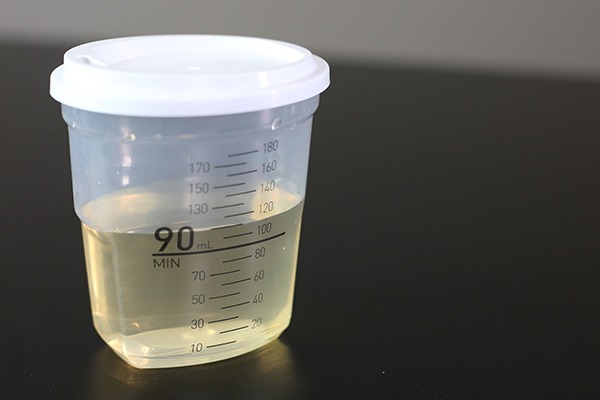While the testing process should stay as consistent as possible according to the standard procedures outlined in the International Standard for Testing and Investigations (ISTI), there are also provisions in the ISTI that state when, why, and for whom testing modifications can be made. These modifications are designed to protect both the wellbeing of the athlete and the integrity of the sample.
Learn more about modifications to the testing process.
WHO
 Testing modifications can be made for athletes with impairments and athletes who are minors.
Testing modifications can be made for athletes with impairments and athletes who are minors.
A variety of impairments may necessitate modifications to the testing process, such as intellectual impairments, visual impairments, and the use of catheters or drainage systems. Depending on the situation, athletes with impairments may be strongly encouraged, or even required, to observe testing modifications and/or protocols. For example, USADA asks that athletes with visual impairments be accompanied by an athlete representative of their choosing throughout the sample collection session.
Minor athletes are also required to observe testing modifications, and for athletes under the age of 15, a legal guardian must give consent for testing in competition.
WHAT
Athletes have the right to request modifications to the testing process if they fall within acceptable parameters. For athletes with impairments, recommended and acceptable modifications to the testing process may include:
- The Doping Control Officer (DCO) obtaining consent for testing from an athlete representative if the athlete has an intellectual impairment
- The athlete requesting assistance from an athlete representative due to an intellectual, physical, or sensorial impairment
- The DCO deciding that alternative equipment or facilities will be used to enable sample collection while maintaining the identity and integrity of the sample
 Athletes with impairments are also required to adhere to testing modifications in some cases, particularly when using a catheter or drainage system. In these situations, athletes must:
Athletes with impairments are also required to adhere to testing modifications in some cases, particularly when using a catheter or drainage system. In these situations, athletes must:
- Eliminate existing urine in the collection or drainage system immediately after notification and before providing a sample for analysis.
- If possible, the existing system should be replaced with a new, unused system before the sample is collected.
- The athlete must provide a sample under direct observation of the DCO or chaperone and in accordance with one of the approved methods of provision.
Minor athletes and DCOs are also required to observe modifications to the testing process. For example:
- USADA requires that minors be accompanied by a third person or a representative of their choosing (must be 18 years or older) throughout the sample collection session.
- The representative should be present in the toilet areas but should not witness the passing of a sample unless requested to do so by the minor.
Regardless of the situation or reason for modifications, the DCO will document any deviations from standard sample collection procedures on a supplementary report form.
WHY
Modifications to the testing process may be necessary to enable sample collection, protect the integrity of the sample, and ensure the wellbeing of the athlete. For instance, the modifications around catheters and drainage systems ensure that athletes provide a sample under direct observation of the DCO and eliminates opportunities to cheat the system. Other modifications, including the requirements for minor athletes, ensure that athletes are safe and properly represented during the sample collection process.
More questions?
For questions about testing, contact USADA’s Athlete Services Team at athleteexpress@USADA.org or call (719) 785-2000.
Read more Spirit of Sport blog posts



